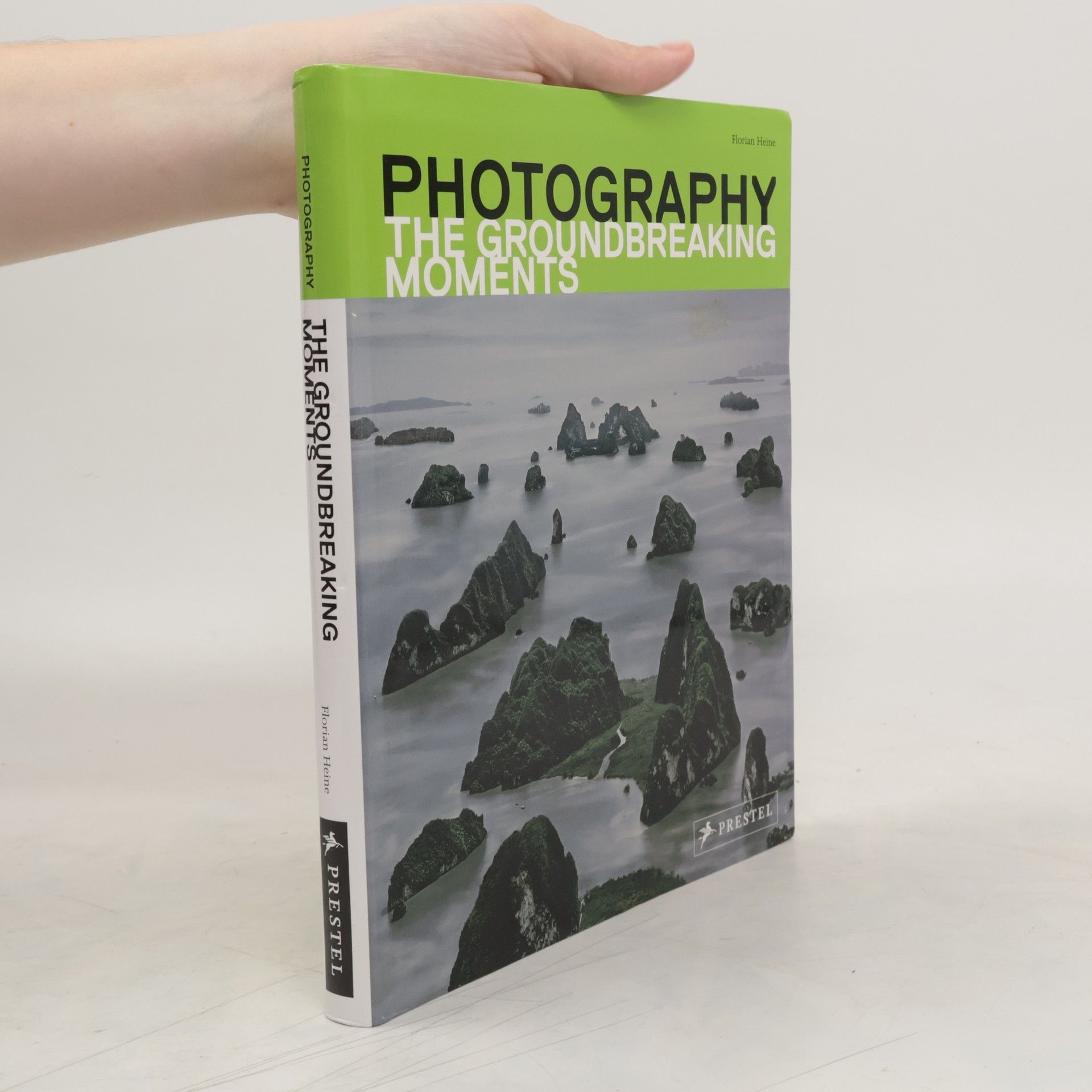A colourful, accessible and engaging introduction to art history that children will remember for years to come.
Florian Heine Livres






From the invention of the camera obscura to the birth of digital photography, this history of photography's greatest advances focuses on individual artists, works, and moments that decisively shaped the evolution of a genre. Chronologically arranged, each chapter focuses on a particular work or idea that changed the course of photography. Presented in beautiful spreads and with informative text, the book opens with photography's genesis in the form of the camera obscura. Centuries later, Daguerre, Niepce, and Talbot invented their own means of capturing light on paper. The book covers ground-breaking genres such as still life, landscape, portraiture, and nudes. Sections on the role of photography in journalism illustrate how the camera's presence on battlefields, on city streets, and in factories helped inform and reform the modern world. Fashion, animals, Surrealism, and staged portraits are also explored. Perfect for perusing or reading from cover to cover, this book illustrates how photography developed from a concept to a world-changing force -- one that attempted to shed light on truth yet can also obscure and alter reality in dazzling ways. 160 colour
Featuring stunning reproductions and insightful texts, this accessible guide offers an engaging introduction to the renowned Renaissance artist Albrecht Dürer, highlighting his artistic contributions and significance in art history.
From the use of perspective to the invention of the paint tube, 13 examples of some of the most important breakthroughs in artistic technology offers kids an exciting new perspective on the world of art.
Art of Illusion
- 192pages
- 7 heures de lecture
Discover how artists have been tricking the human eye for centuries in this gorgeous and wide-ranging exploration of the art of illusion.
This generously illustrated volume traces the achievements of the Impressionist movement in a compact, highly attractive format.
This introduction to the work of the 16th-century master portraitist Hans Holbein reveals the impressive and surprising scope of his career.
Brimming with stunning reproductions and illuminating texts, this handy and accessible book is the perfect introduction to one of European modern art's most important movements. Founded in Munich in 1911, the Blue Rider Group was a revolutionary collective of artists that pioneered German Expressionism. Including Wassily Kandinsky, Franz Marc, Natalia Goncharova, Gabriele Münter, and Marianne von Werefkin, the group rejected the prevailing formal and academic artistic trends of their time, sought to break free from the constraints of traditional painting, transcend the material world, and explore emotional and spiritual truths in their art. This book spotlights 35 important works that embody the artists' pioneering achievements and radical innovations. It features stunning reproductions that highlight the movement's use of luminous colors, symbolic forms, and expressive brushwork.
Perspektivwechsel! Diese unkonventionelle Kunstgeschichte beschreibt die Welt aus Sicht der großen Maler des 14. bis 20. Jahrhunderts. Anschaulich erklärt der Autor und Fotograf Florian Heine Meisterwerke von Dürer, Rubens, Cézanne, Andreas Gursky und vielen anderen. Er entschlüsselt geheime Symbole und versteckte politische Botschaften, erklärt wie die Fotografie die Malerei revolutionierte und stellt die Entstehungsorte der Bilder vor. So macht Kunst Spaß!
Dieser Bildband-Reiseführer bietet eine Übersicht über Deutschlands Kulturschätze, von der Wartburg bis zur Porta Nigra. Er informiert über Reiseziele, Kulturgeschichte und große Persönlichkeiten. Fünf Entdeckerrouten helfen bei der Planung eines Roadtrips zu den wertvollsten Sehenswürdigkeiten entlang der Autobahn.

